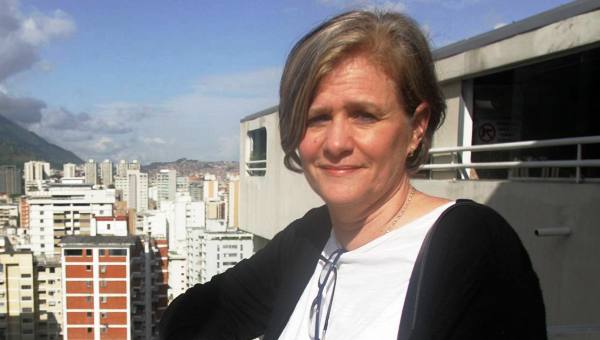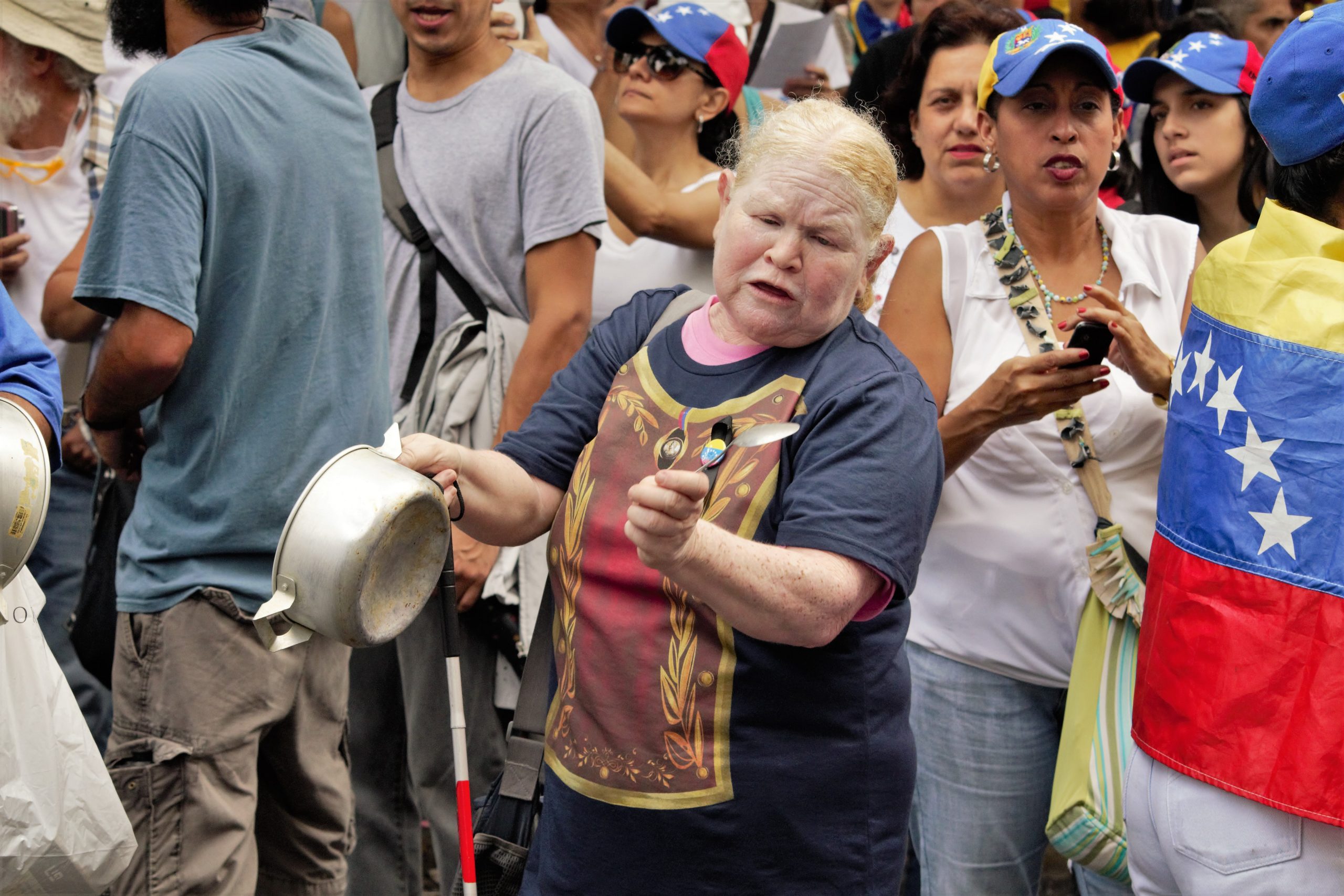Memory is the ability to remember what we did or what others have done. It is also an action performed by societies to elaborate and communicate memories from their individual or collective experiences. It is the collective right of the population to know their past in order to face their present and project themselves into the future.
In human rights, memory is the opposite of oblivion, the reconstruction of the abuses that occurred in the past, based on the testimonies of the victims and witnesses, and complemented by what has been said through the media and contrasted with the declarations of the official spokespeople. Memory is connected to other rights such as truth, access to justice, reparation of damages, etc.
Memory includes the right of the human rights violations victims to be heard by the authorities and to disclose their testimonies, in a respectful and undistorted manner, through the media; without suffering any type of reprisals for their complaints and duly responded to by the justice administration system. A fundamental aspect of the Memory is the people who suffered, directly and indirectly, abuses of power so that their faces and stories are not forgotten.
States have the “duty of memory” to prevent the deformations of history that attempt to deny or distort what happened.
Possible activities to promote Memory:
- Make visible the facts of the victims and their families, disclosed by public and private media, without retaliation of any kind for the denouncers.
- Allow the relatives of those affected to organize in ” Victims Committees”.
- Carry out commemorative acts of the events.
- Re-name public roads with the generic name of the violation or the victims.
- Create monuments in places where the events occurred, for the relatives, the social movement or state institutions.
- Measures for the preservation of records related to human rights violations
- Promote the creation of a “National Museum of Memory,” with a human rights exhibition that show the violations that have occurred since 1958.
- Create and officially celebrate human rights events.












